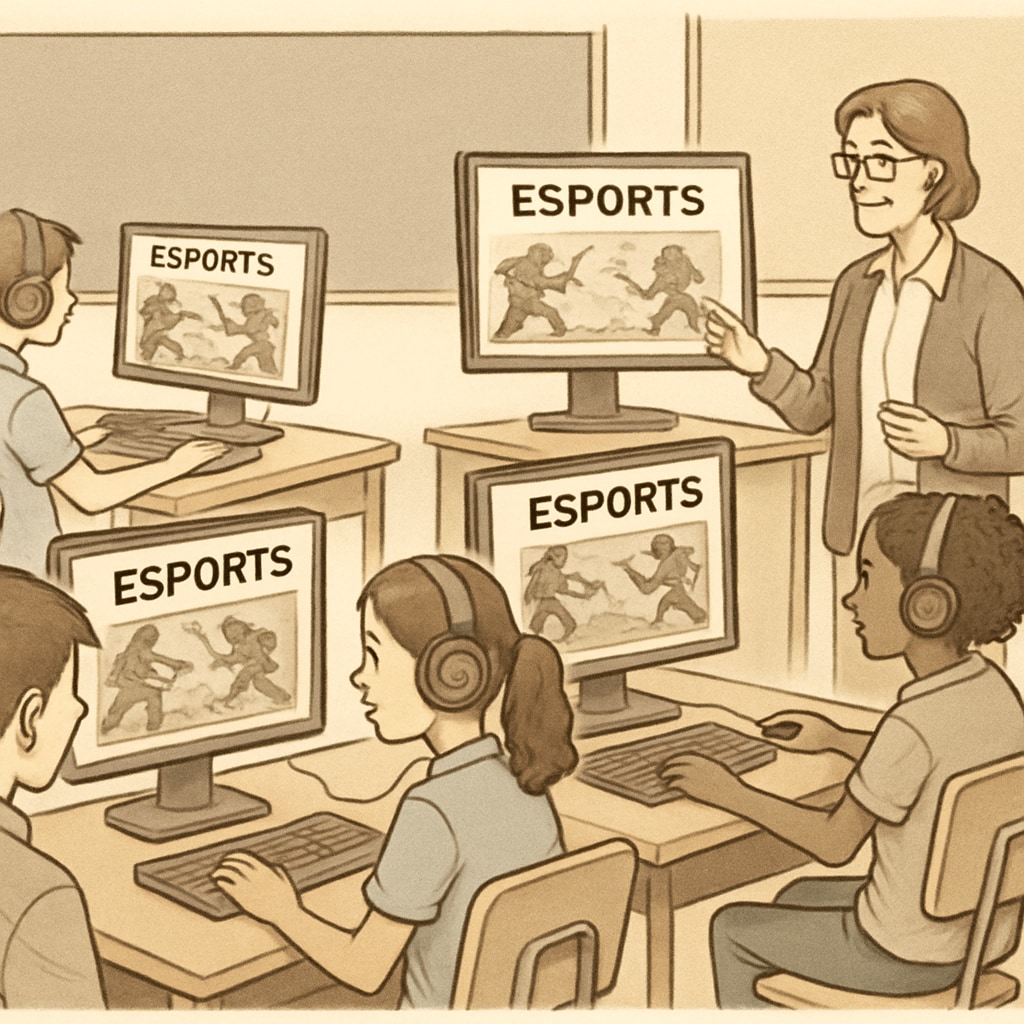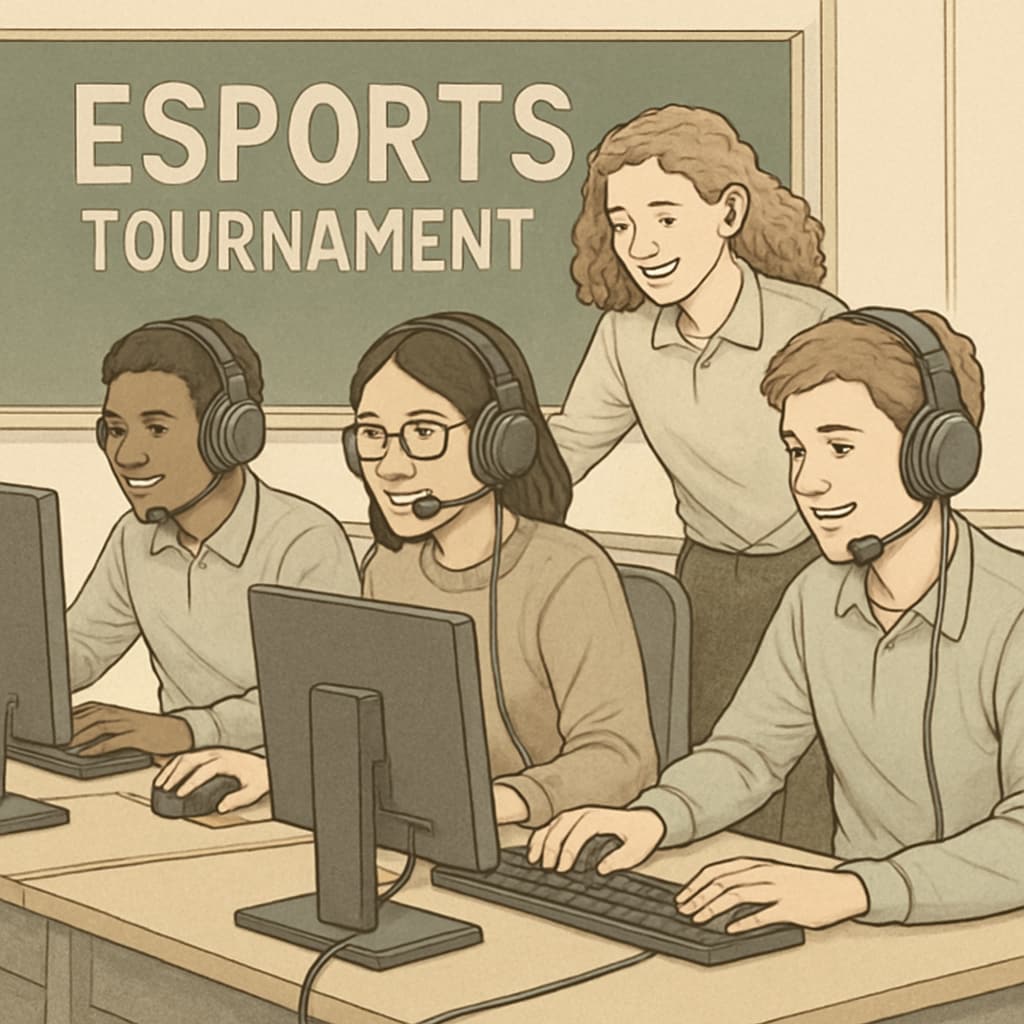In recent years, the integration of esports into education has gained significant attention, particularly with initiatives like the collaboration between GameClass and the North America Scholastic Esports Federation (NASEF). Their strategic partnership is redefining K12 education by introducing game-based learning methodologies. Through this innovative approach, they aim to connect video gaming with core academic subjects, creating an engaging and interactive educational ecosystem. This effort spans across more than 9,000 esports clubs globally, showcasing the potential of esports as a powerful educational tool.

Game-Based Learning: A Modern Educational Strategy
Game-based learning is not just a buzzword; it’s a proven educational method that leverages interactive gaming to enhance student engagement and retention. Esports, as a subset of this strategy, provides students with hands-on opportunities to develop critical skills such as teamwork, problem-solving, and digital literacy. For example, games like Minecraft can teach geometry and spatial reasoning, while strategy games such as League of Legends foster decision-making and leadership abilities.
Moreover, GameClass and NASEF are working to embed these elements into the curriculum by creating structured programs that align gaming activities with academic goals. This approach ensures that students are not only entertained but also actively learning in ways that resonate with their interests.
Strategic Partnerships Driving Educational Transformation
The partnership between GameClass and NASEF exemplifies the importance of collaboration in educational innovation. By pooling resources and expertise, they have successfully developed esports programs that cater to diverse learning needs. These programs don’t just focus on gameplay; they also incorporate subjects like coding, graphic design, and even business management, preparing students for a wide range of career paths.
Additionally, this collaboration emphasizes inclusivity. Esports clubs under their umbrella are designed to accommodate students of all skill levels, encouraging participation and fostering a sense of community. For educators, this provides a platform to engage students in new ways, making lessons more dynamic and applicable to real-world scenarios.

The Future of Esports in K12 Education
As esports continue to gain traction in educational settings, the potential for growth is enormous. Institutions worldwide are beginning to recognize the value of integrating gaming into their teaching methods. The work of GameClass and NASEF offers a scalable model for others to follow, highlighting the benefits of blending traditional education with modern technology.
However, challenges remain. Schools must address questions surrounding screen time, internet safety, and equitable access to technology. Strategic partnerships like the one between GameClass and NASEF play a crucial role in overcoming these hurdles by providing the necessary infrastructure, training, and support for educators and students alike.
Esports are no longer confined to entertainment; they are becoming a cornerstone of innovative education. By embracing this trend, schools can equip students with the skills they need to thrive in a digital-first world.
Readability guidance: This article uses concise paragraphs, lists where applicable, and incorporates transition words to ensure smooth readability. The content avoids excessive jargon, making it accessible to educators, parents, and students alike.


